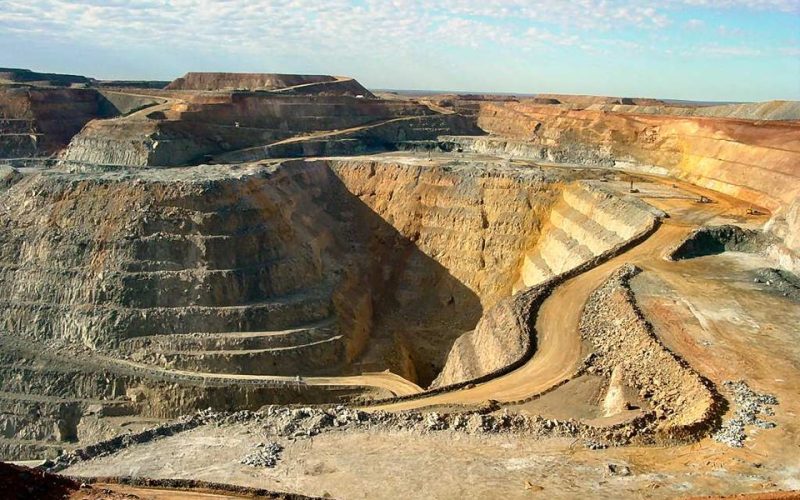The Albanese government’s Future Made in Australia (Production Tax Credit and Other Measures) Bill 2024 has passed the Senate, marking a significant step in Australia’s efforts to decarbonise its industries and expand domestic production of critical minerals essential for the energy transition. The legislation aims to capitalise on economic opportunities arising from the global shift to net zero while strengthening Australia’s industrial and economic resilience. It also seeks to ensure that investment benefits flow to local workers, industries, and communities.
One of the largest support packages for the resources sector passed by Federal Parliament, the legislation introduces major tax incentives to develop emerging industries. A hydrogen production tax incentive will provide a $2 per kilogram subsidy for renewable hydrogen produced between 2027–28 and 2039–40, available for up to ten years per project. A critical minerals production tax incentive will cover 10 per cent of processing and refining costs for Australia’s 31 designated critical minerals, applicable to projects operating in the same period, also for up to ten years.
These incentives will only be available once projects are fully operational, ensuring funding is directed towards active production and processing of key materials used in clean energy technologies such as wind turbines, solar panels, and electric vehicles. The bill also recognises the role of critical minerals in national security, as these resources are essential for defence industries, including the construction of submarines and aircraft.
The government has positioned the legislation as a long-term investment in Australia’s industrial future, aligning industry, energy, resources, and skills development with efforts to attract and deploy investment in low-carbon and high-value sectors. By leveraging its existing strengths and expanding into new industries, Australia aims to strengthen its role in the global net zero transition while supporting well-paid, high-skilled jobs in the resources sector.





















